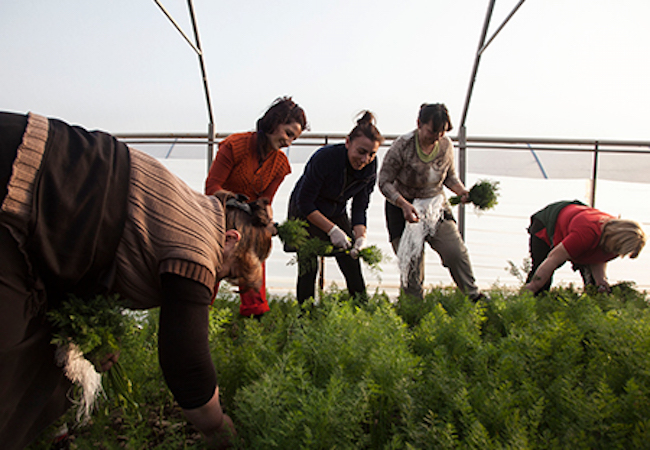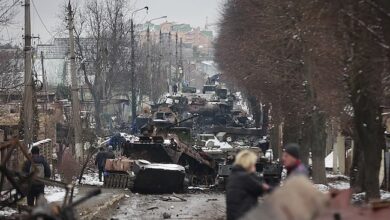
The number of females employed in Georgia is on the rise.
The National Statistics Office of Georgia, Geostat, noted at the end of 2014, about 25 percent more women were employed in the country’s trade sector than in the same time of 2013. Female employment numbers were also higher in health and social work, real estate and education.
In the Q4 (fourth quarter) 2014, a total of 534,952 people were employed in Georgia’s business sector. This was a three percent increase on the same time in 2013, stated Geostat. Of this number, 39.5 percent were women and 60.5 percent were men.
Geostat noted employee numbers had increased in sectors where an increase in turnover and production value was experienced.
In Georgia, 64.6 percent of people employed in the business sector worked in large companies, while 16.9 percent worked in medium-sized businesses and 18.5 percent were employed in small businesses.
In terms of gender employment, 59.2 percent of women worked in large businesses in Georgia, 19.3 percent worked in medium-sized businesses and 21.5 worked in small companies.
For males, 68.1 percent of males employed in Georgia’s business sector worked in large businesses, 15.3 percent worked in medium-sized businesses and 16.6 percent worked in small businesses.
The average monthly salary for all people employed in Georgia’s business sector was 980.5 GEL, claimed Geostat. However when looking only at female employees’, their average salary only reached 713.6 GEL.
Salary composition according to business size was comparable, meaning those who worked in large enterprises earned more.
The average salary for people working in large businesses was 1,141.8 GEL; the average salary for people in medium-sized businesses was 813.3 GEL; and the average salary for those working in small businesses was 570.8 GEL.
When Q4 2014 data was compared with Q4 2013 data, Geostat noted an influx of female workers in the country’s trade sector. Particular increases were noticed in the number of females who were employed to repair motor vehicles and personal and household goods (25.3 percent). In addition, health and social work saw a 20.9 percent increase in female workers, manufacturing saw a 12.4 percent increase, real estate, renting and business activities saw an 8.7 percent increase and education saw an 8.2 percent rise.
As for male employees, more men were employed in the country’s trade sector – particularly a 21.1 percent increase was noted in the males who worked in the repair of motor vehicles and personal and household goods. A 17.1 percent increase was noted in the construction sector, 16.5 percent increase in manufacturing, 12.8 percent increase in transport and communication, and 10.3 percent increase in real estate, renting and business activities.
In terms of employment, Geostat noted the majority of people worked in Tbilisi (65.1 percent) – which was revealed as the country’s economic hub. The next highest concentration of employment was observed in Adjara region (8.8 percent), Imereti region (7 percent), Lower Kartli (5.7 percent), followed by Samegrelo Upper Svaneti (4.4 percent).




